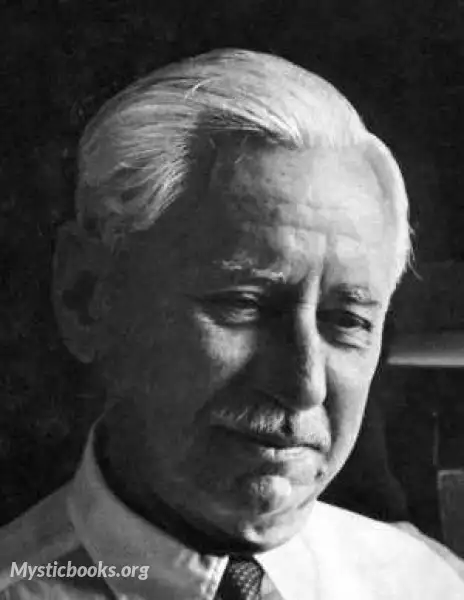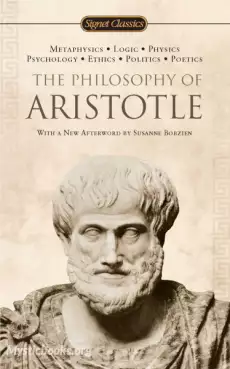
Timeline
Title
Country/Nationality
Will Durant
William James Durant was an American writer, historian, and philosopher. He became best known for his work The Story of Civilization, which contains 11 volumes and details the history of eastern and western civilizations. It was written in collaboration with his wife, Ariel Durant, and published between 1935 and 1975. He was earlier noted for The Story of Philosophy (1926), described as "a groundbreaking work that helped to popularize philosophy".
Durant conceived of philosophy as total perspective or seeing things sub specie totius (i.e. “from the perspective of the whole”)—a phrase inspired by Spinoza's sub specie aeternitatis, roughly meaning "from the perspective of the eternal". He sought to unify and humanize the great body of historical knowledge, which had grown voluminous and become fragmented into esoteric specialties, and to vitalize it for contemporary application. As a result of their success, he and his wife together were awarded the Pulitzer Prize for General Nonfiction in 1968 and the Presidential Medal of Freedom in 1977.
William James Durant was born in North Adams, Massachusetts, to French-Canadian Catholic parents Joseph Durant and Mary Allard, who had been part of the Quebec emigration to the United States.
After graduating from St. Peter's Preparatory School in Jersey City, New Jersey, in 1903, Durant enrolled at Saint Peter's College (now University) also in Jersey City. Historian Joan Rubin writes of that period, "Despite some adolescent flirtations, he began preparing for the vocation that promised to realize his mother's fondest hopes for him: the priesthood. In that way, one might argue, he embarked on a course that, while distant from Yale's or Columbia's apprenticeships in gentility, offered equivalent cultural authority within his own milieu."
In 1905, he began experimenting with socialist philosophy, but, after World War I, he began recognizing that a "lust for power" underlay all forms of political behavior. However, even before the war, "other aspects of his sensibility had competed with his radical leanings," notes Rubin. She adds that "the most concrete of those was a persistent penchant for philosophy. With his energy invested in Baruch Spinoza, he made little room for the Russian anarchist Mikhail Bakunin. From then on, writes Rubin, "his retention of a model of selfhood predicated on discipline made him unsympathetic to anarchist injunctions to 'be yourself.'... To be one's 'deliberate self,' he explained, meant to 'rise above' the impulse to 'become the slaves of our passions' and instead to act with 'courageous devotion' to a moral cause." Durant graduated from Saint Peter's College in 1907.
The Durants shared an intense love for one another as they explained in their Dual Autobiography. After Will entered the hospital, Ariel stopped eating, and she died on October 25, 1981. Though their daughter, Ethel, and their grandchildren strove to conceal the news of Ariel's death from the ailing Will, he found out that she had died while he was watching the evening news, and he died two weeks later, two days after his 96th birthday, on November 7, 1981. Will was buried beside Ariel in the Westwood Village Memorial Park Cemetery, in Los Angeles.
Books by Will Durant

Voltaire and the French Enlightenment
In this Little Blue Book Number , Will Durant describes François-Marie Arouet, the writer, historian, and philosopher known as Voltaire (1694-1778) as "unprepossessing, ugly, vain, flippant, unscrupulous, even at times dishonest" and "tirelessly kind...

The Story of Aristotle's Philosophy
This little Blue Book by Will Durant, deals with Aristotle (384-322 B.C.E.), a Macedonian pupil of Plato, who became the teacher of Prince Alexander. While his pupil went off to conquer the world, Aristotle returned to Athens and founded his school,...